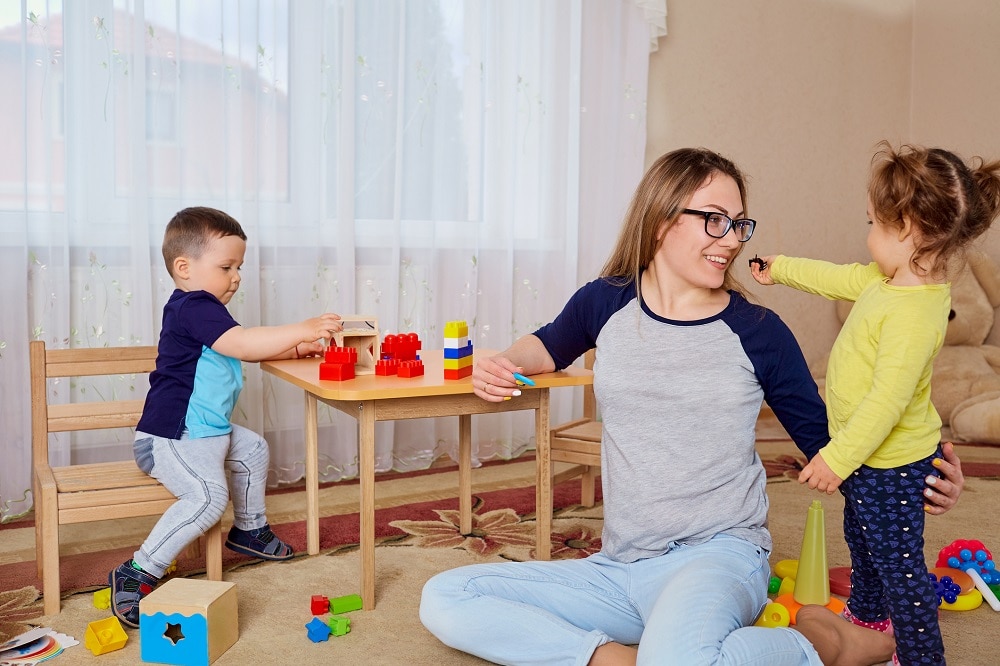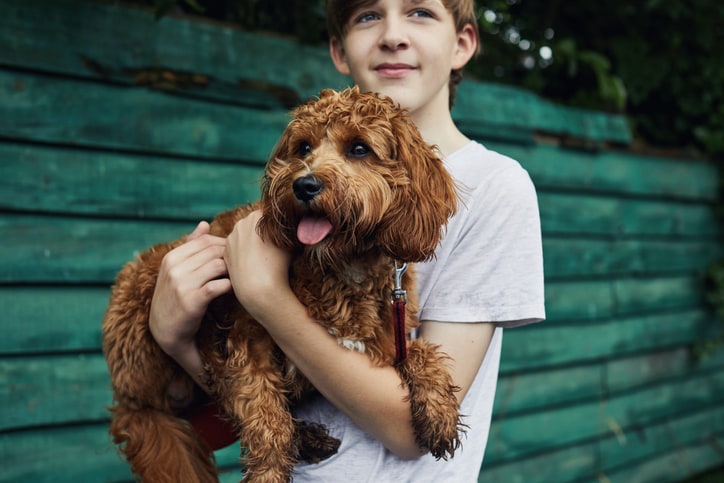So you’re thinking about becoming a childminder and want to get some training under your belt so you can stand out from the crowd? In this article, we’ll be covering the need-to-know basics about childminding courses and certifications that will help you do just that.
What are the basic requirements and qualifications to become a childminder?
There are no formal educational requirements for being a childminder in the UK. This makes it a popular option for those who want to work in a caring profession, especially those who love being around kids. That being said, there are some basic requirements and skills you need to officially register as a childminder. You’re legally required to be a registered childminder if you’re being paid to work with children under the age of 8 in your own home for more than 2 hours a day. You can register with Ofsted or an Ofsted-approved childminder agency.
The basic requirements for registering are: being over 18, having a suitable home environment, being legally able to work in the UK, passing a health check and getting a DBS criminal check done. For more on this, check out our article here.
What skills and personal attributes do you need to become a childminder?
On top of the legal requirements, you’ll also need to be patient, compassionate and adaptable to deal with the day-to-day challenges of caring for little ones. In terms of skills, you’ll need to have strong organisational, interpersonal and problem-solving skills. But perhaps the most important thing is that you like being around children and have a genuine interest in education and development. And, of course, you’ll also need to be open to little ones taking over your home!
If you’ve read the above and believe you have what it takes to make a career out of childminding, that’s great news! Getting childminding gigs can be fairly competitive, however. So how can you give yourself a better chance of standing out? Here’s where courses and certifications become an appealing option.
Which courses and certifications will boost your chances of getting childminding work?
If you have some courses and certifications listed on your CV, you’ll be viewed as a more knowledgeable, professional carer. This is a great thing in the eyes of parents! Not only will it make you more employable, but it may also help you command a higher salary: it’s a win-win. There are some courses and certifications which you’ll almost certainly want to look into doing, as they’re seen as the industry standard. On top of this, there are others which will make you stand out as they are less common. Read on to find out the kinds of courses and certifications it’s worth investing your time and money in.
Which courses and certifications are essential?
CPR and First Aid
If you’re only going to get two qualifications before becoming a childminder, make them a CPR certification and a First Aid certification. The truth is, many families won’t hire a childminder without them. You can sign up for training courses in your area or online through sites like St John’s Ambulance. If you want a course specifically for paediatric and early years care, then check out the courses from Tiger Lily or Pacey.
Which courses and certifications are a good idea?
Driving licence
A clean, valid driving licence isn’t strictly required, but many families will expect it as you may need to run errands or do nursery/school pick-ups and drop-offs while taking care of their children. It also makes a wider range of outings possible, which is appealing to parents. To get your licence, first you need to do your theory test, followed by your practical test.
Early years education
To show you have a real interest in child development, it’s a good idea to look into doing a professional course. NCFE (formerly known as CACHE) is an awarding body for the care and education sector, and is a great place to find a suitable course. Its courses range from entry level to more in-depth programmes for seasoned professionals. Pacey also runs childcare courses such as the Home-Based Childcare Award.
Which additional courses and certifications will boost your chances?
Health and wellbeing training
Doing a course that shows you take children’s health and wellbeing seriously is a great addition to your profile. Some options to explore include cooking courses, nutrition courses or children’s fitness courses. Avail Early Years also offers a food allergens awareness course.
Water safety certification
If you’ll be spending time with little ones at the swimming pool or beach, why not get a lifeguard qualification under your belt? Check out The Royal Life Saving Society to find courses in your area.
Newborn care
Will you be looking after newborns? Then it makes sense to do training to equip yourself with the specialised knowledge you need to safely take care of very young babies. You can find more information at your local hospital or paediatrician’s office, or from the Newborn & Nanny Education Services & Training association (NEST).
Foreign language qualifications
If you already speak more than one language fluently, that’s great! Make sure to add it to your CV, as parents often love the idea of their children absorbing another language while in your care. If you want to improve or learn another language, you can often find well-organised courses at your local university or college.
Special needs care
If you’ll be looking after children with additional needs, you’ll improve your chances of being hired if you have specialised training to show you know what you’re doing. Concept Training runs programmes and workshops, for example.
Where can you find childminder vacancies?
If you’re keen to become a childminder, and you have the necessary qualifications and skills, then take a look at our current vacancies.

